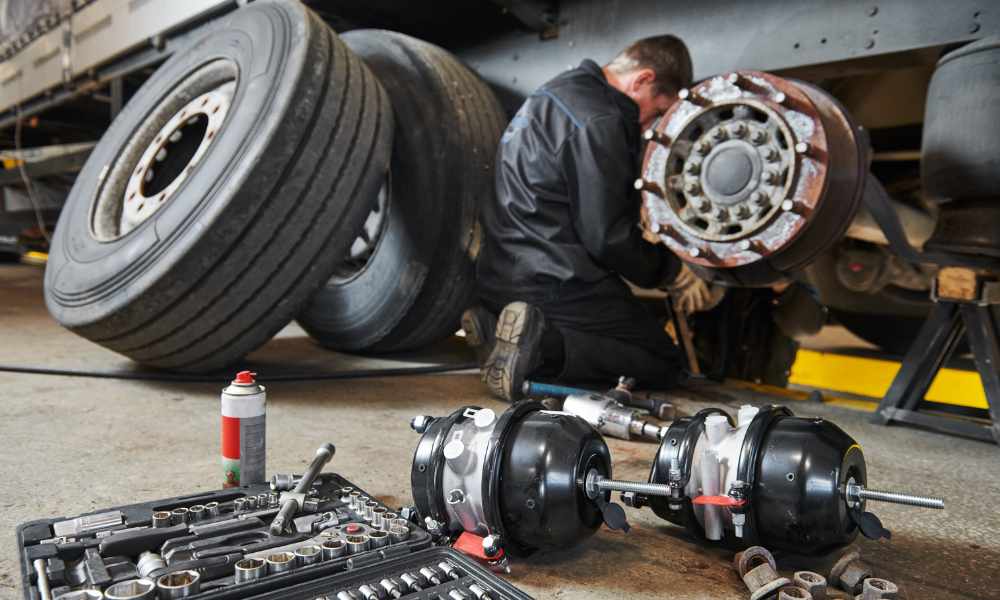
Selecting the right tires for your vehicle is a crucial aspect of automotive care that often goes overlooked. The correct set of tires can significantly improve your car’s performance, safety, and fuel efficiency. Choosing the perfect tyres for your vehicle ensures you make an informed decision that enhances your driving experience.
Vehicle’s requirements
Before diving into tire options, it’s essential to understand what your vehicle needs. Here are some key factors to consider:
- Vehicle make and model
- Recommended tyre size
- Load capacity
- Speed rating
- Climate and driving conditions
This information is mostly in your vehicle’s owner’s manual or the driver’s side door jamb. If you need More Help, consult a mechanic or tyre specialist.
Tire size and specifications
Understanding tire size and specifications is crucial for choosing the right fit for your vehicle. Here’s a breakdown of the information you’ll find on a tire’s sidewall:
- Width – The width of the tire in millimetres
- Aspect ratio – The height of the sidewall as a percentage of the width
- Construction type – Radial (R) or bias-ply (D)
- Wheel diameter – The diameter of the wheel in inches
- Load index – The maximum weight the tire can support
- Speed rating – The maximum speed at which the tire can safely operate
Choose tires that match your vehicle’s recommended specifications to ensure proper fit and performance.
Brand and quality considerations
While many tire brands are available, it’s generally best to stick with reputable manufacturers known for quality and reliability. Research customer reviews and expert opinions to get a sense of different brands’ strengths and weaknesses.
Don’t automatically opt for the cheapest option—investing in quality tyres can lead to better performance, a longer lifespan, and improved safety. However, this doesn’t mean you must buy the most expensive tires. Look for a balance between quality and value.
Maintenance and longevity
When choosing tires consider there are expected lifespan and maintenance requirements. Some tires may offer longer tread life but require more frequent rotations or alignments. When deciding, factor in the long-term costs and maintenance needs.
Fuel efficiency
Many modern tyres are designed with fuel efficiency in mind. If you want to maximize your vehicle’s fuel economy, look for tires with low rolling resistance. Remember that there may be trade-offs between fuel efficiency and other performance aspects like grip or tread life.
Noise levels
Tire noise can significantly impact your driving comfort, especially on long trips. Some tires are designed to minimize road noise, which can be particularly beneficial if you spend a lot of time on the highway.
Seasonal considerations
If you live in an area with distinct seasons, consider having two sets of tires – one for summer and one for winter. While this involves an additional upfront cost, it can improve safety and performance year-round and may extend the life of both sets of tires.
Consult with professionals
If you still need to decide which tries to choose, consult with automotive care professionals. Tire specialists and mechanics can provide valuable insights based on your vehicle and driving needs.
For more help choosing the right tires, visit tire manufacturer websites, automotive forums, or speak with local tire retailers. Online tools can also help you compare tyre options based on vehicle specifications and preferences.





